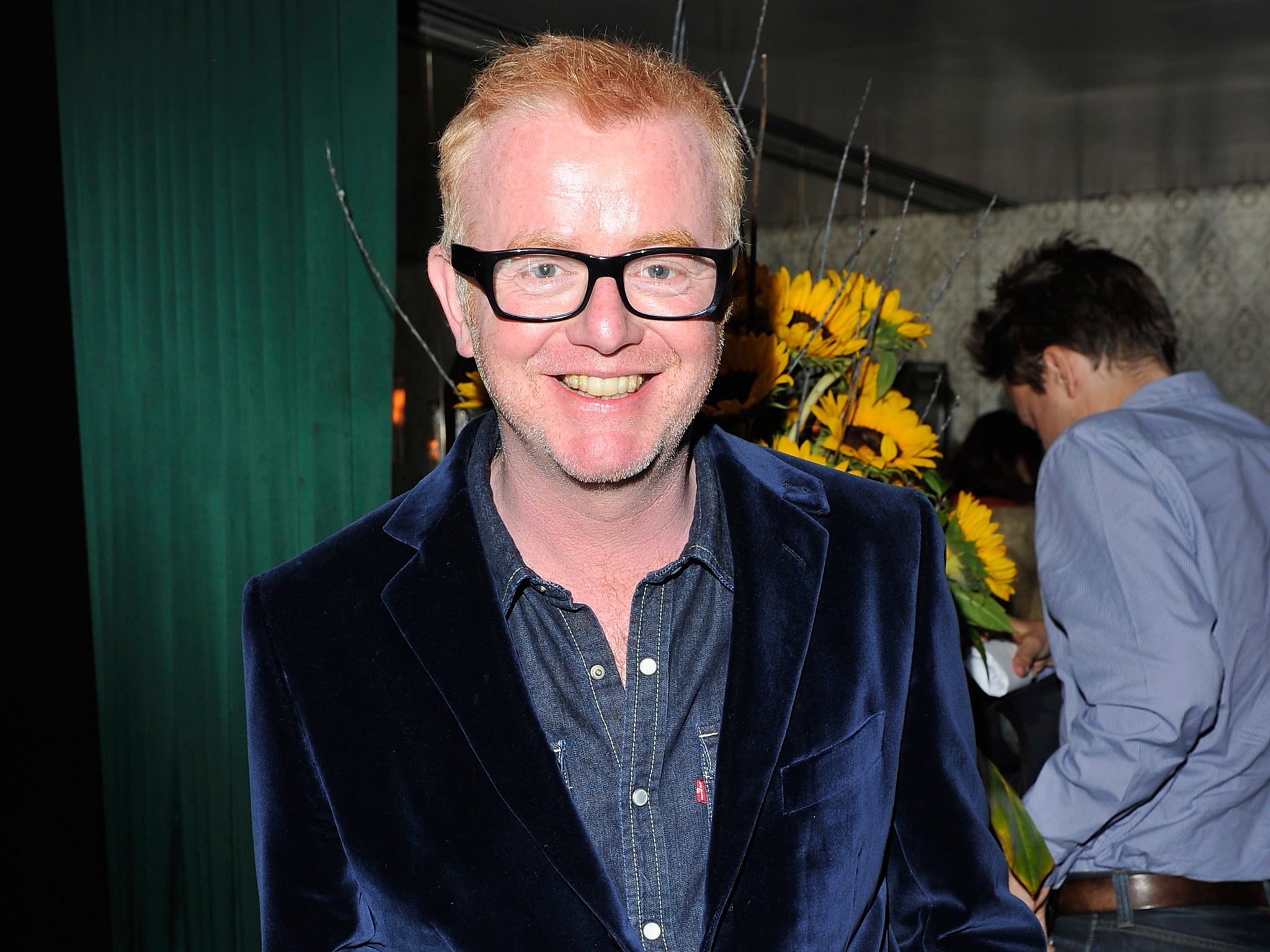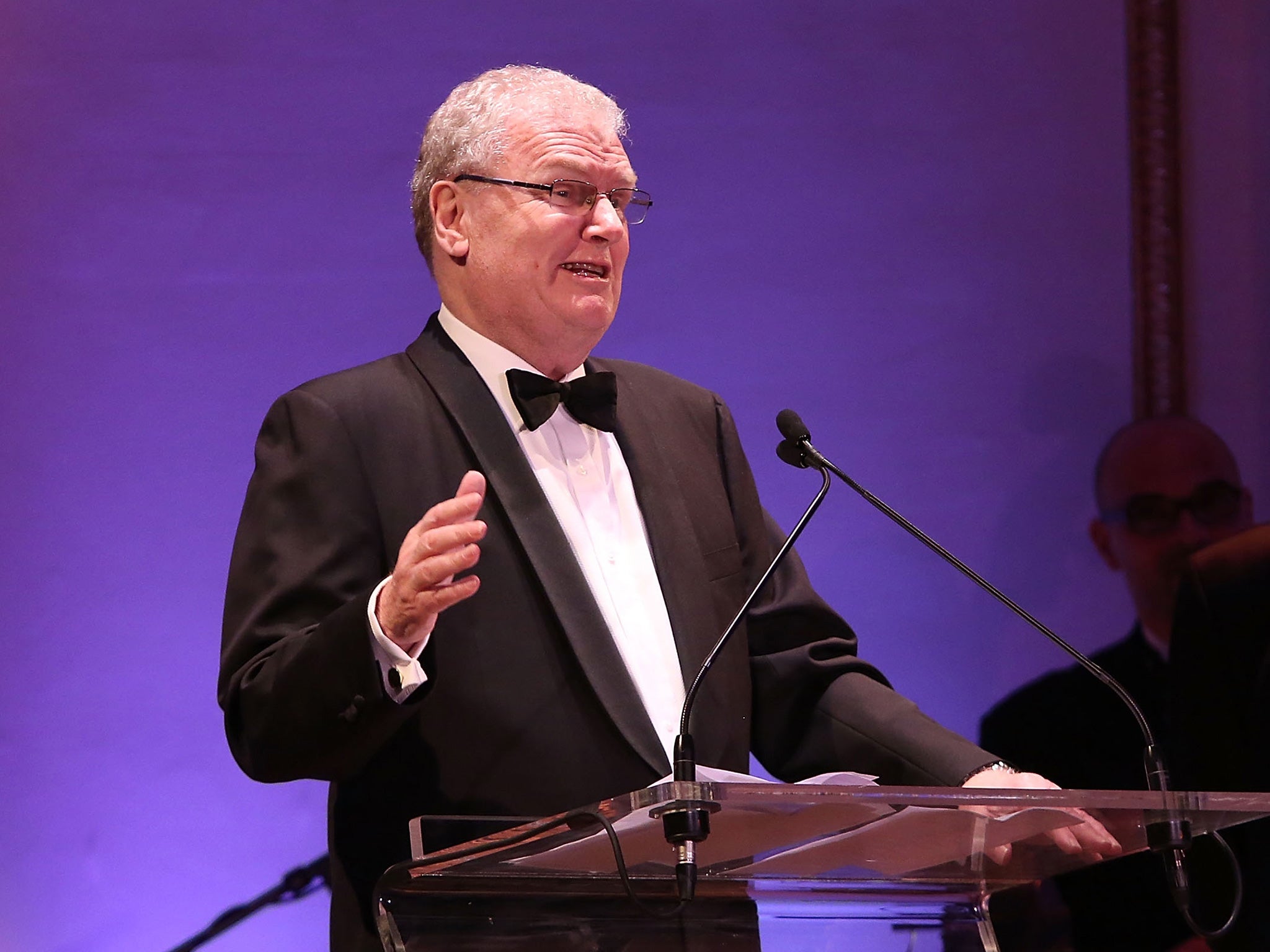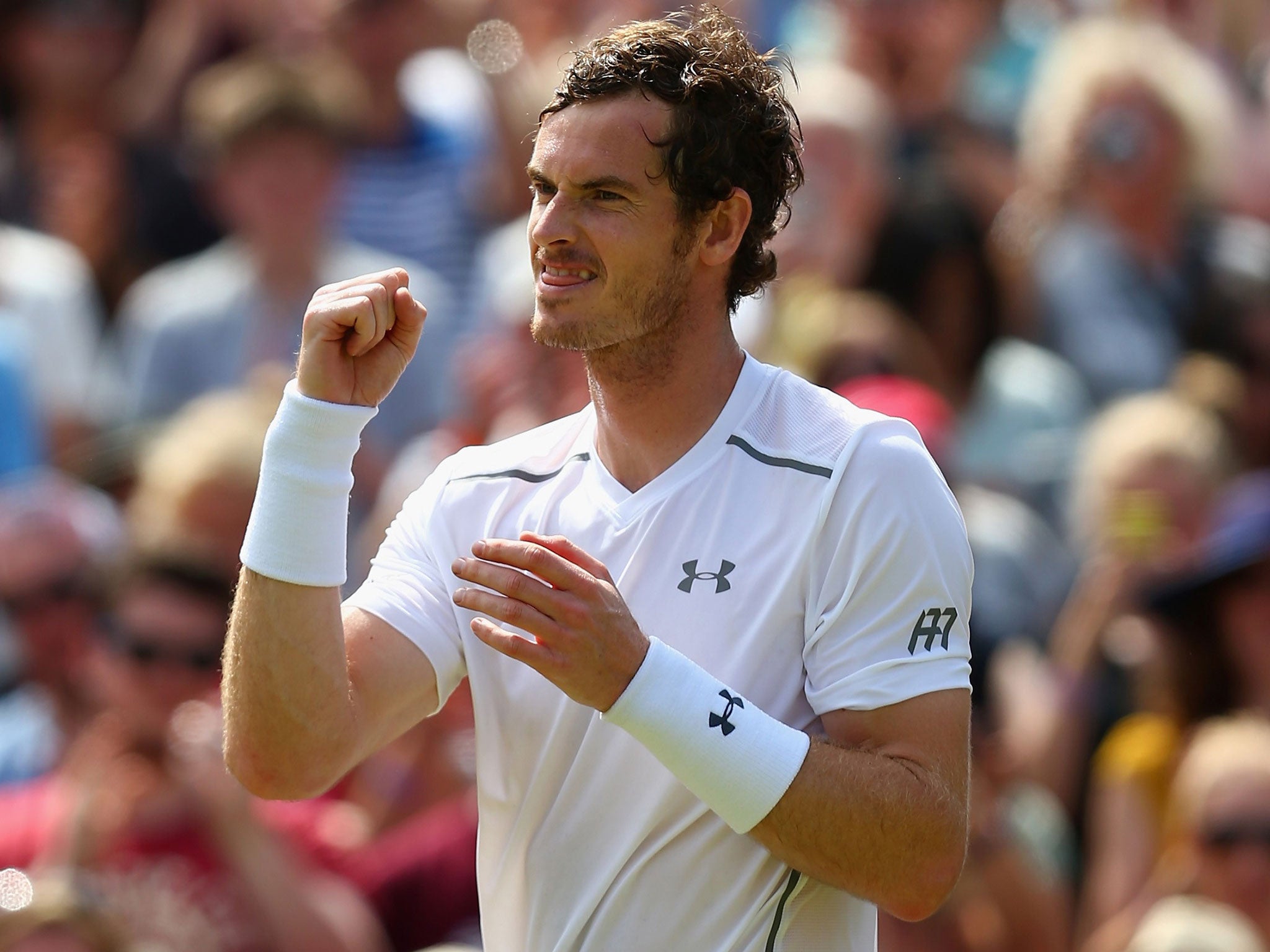Chris Evans quits, Wimbledon cut and a shrunken website – how the BBC might look in 2025 if the Tories get their way
What would a BBC forced to swallow John Whittingdale’s wish list look like?

It’s goodbye to Chris Evans, blanket coverage of Wimbledon and a website pumping out more recipes than Jamie Oliver.
The shape of a stripped-to-the bone, public-service focused BBC, advocated for so long by the corporation’s critics on the Conservative benches, is now beginning to take shape.
The Green Paper, published on Thursday by the Department for Culture, Media and Sport, which will set the guidelines for negotiations over a new ten-year Royal Charter, promises to return the BBC to its Reithian roots, dispensing with imported entertainment formats and reality shows.
So what would a BBC, forced to swallow Culture Secretary John Whittingdale’s wish list, look like by 2025?
A radically different organisation, shorn of its “imperial ambitions” but potentially one with reduced influence, and which no longer drives investment and excellence across the UK’s creative industries.
Licence Fee

Ministers seized on Director-General Lord Hall’s 2015 admission that the licence had “ten years of life left in it” by moving ahead with its replacement by a German-style household levy in 2025. The levy is means-tested and each paying household is given a code allowing access to the iPlayer. The BBC agrees to trial additional subscription payments for those who wish to continue receiving arts programmes previously shown on the axed BBC4 channel.
Talent
The BBC’s spend on talent is halved after agreeing that every entertainment programme must pass a “distinctiveness” test, demonstrating that it could not be delivered by a commercial channel. Chris Evans quits after Top Gear fails the test due to Jeremy Clarkson’s hit rival ITV motoring series. However BBC bosses say they can’t win after Prime Minster George Osborne slams the corporation for producing “niche” programming aimed at a middle-class elite.
Governance

The BBC Trust, fatally weakened by its failure to stand up to Government assaults on the BBC’s independence, is replaced by OfBeeb, a new independent regulator whose sole role is to police the BBC’s editorial and commercial activities. A panel led by Sir Howard Stringer, OfBeeb chair, sets the level of the levy. But there are calls to scrap OfBeeb and let Ofcom take over BBC regulation, because the new body is still seen as a “cheerleader” for the corporation.
Online
The BBC website, accused of suffocating local and national newspapers, has its budget cut from £174m to £90m and its remit curtailed. Recipe sites and entertainment news reports are axed. The national roll-out of a BBC News Online plan to link back to the best stories from local newspapers proves a success. But the closure of the £66m BBC News channel and reporting cutbacks places added pressure on Online to deliver the breadth of world news coverage web users have come to expect.
Sports

Cuts to the sports rights budget forces the BBC to share coverage of Wimbledon with BT Sport, with Clare Balding often appearing simultaneously on both platforms. PM Osborne leads a viewer backlash after the loss of the 2024 Olympics Games rights to Discovery/Eurosport means the BBC can only show limited live coverage of Team GBs’ medal winners. Figures show participation in sports is reducing as more events disappear behind paywall channels.
BBC Worldwide
The BBC’s commercial wing, which returned £173m to the corporation in 2014, is sold off to allow it become a “major global brand for distributing UK content.” The sale nets a £1bn windfall for the BBC but the terms of trade demanded by the unshackled Worldwide ultimately reduces the return to the BBC of hit shows like Sherlock and Doctor Who. Entrepreneurial staff quit the BBC for Worldwide.
BBC Production

Quotas guaranteeing 50% of shows to in-house producers are abandoned. BBC Studios, a new private company housing the BBC’s entertainment, comedy and factual programme-making departments, is created. Outside providers can bid to produce BBC News bulletins. However axing talent shows like The Voice, co-produced by independent company Wall To Wall, reduces commissions to producers outside the BBC.
Radio 1
The privatisation of Radio 1, advocated by Jesse Norman, the ex-Culture, Media & Sport select committee chairman who succeeded John Whittingdale as Culture Secretary, compromised the BBC’s appeal with younger audiences, who had already launched an effective “can’t pay, won’t pay” social media campaign against the levy. The commercially-run Radio 1 dropped a commitment that 60% of its airtime should be devoted to new UK music, allowing US pop acts to dominate the airwaves.
Impartiality
A phoney war over the next Charter dominates the run-up to the 2025 General Election with senior BBC journalists being told privately the Tories want to force OfBeeb to cut the levy. A furious row over BBC “bias” erupts after OfBeeb clears the Today programme over a “bullying” interview with the PM. The DG and the OfBeeb board threaten to quit over Government plans to force the BBC to pay the cost of a second European referendum.
Join our commenting forum
Join thought-provoking conversations, follow other Independent readers and see their replies
Comments